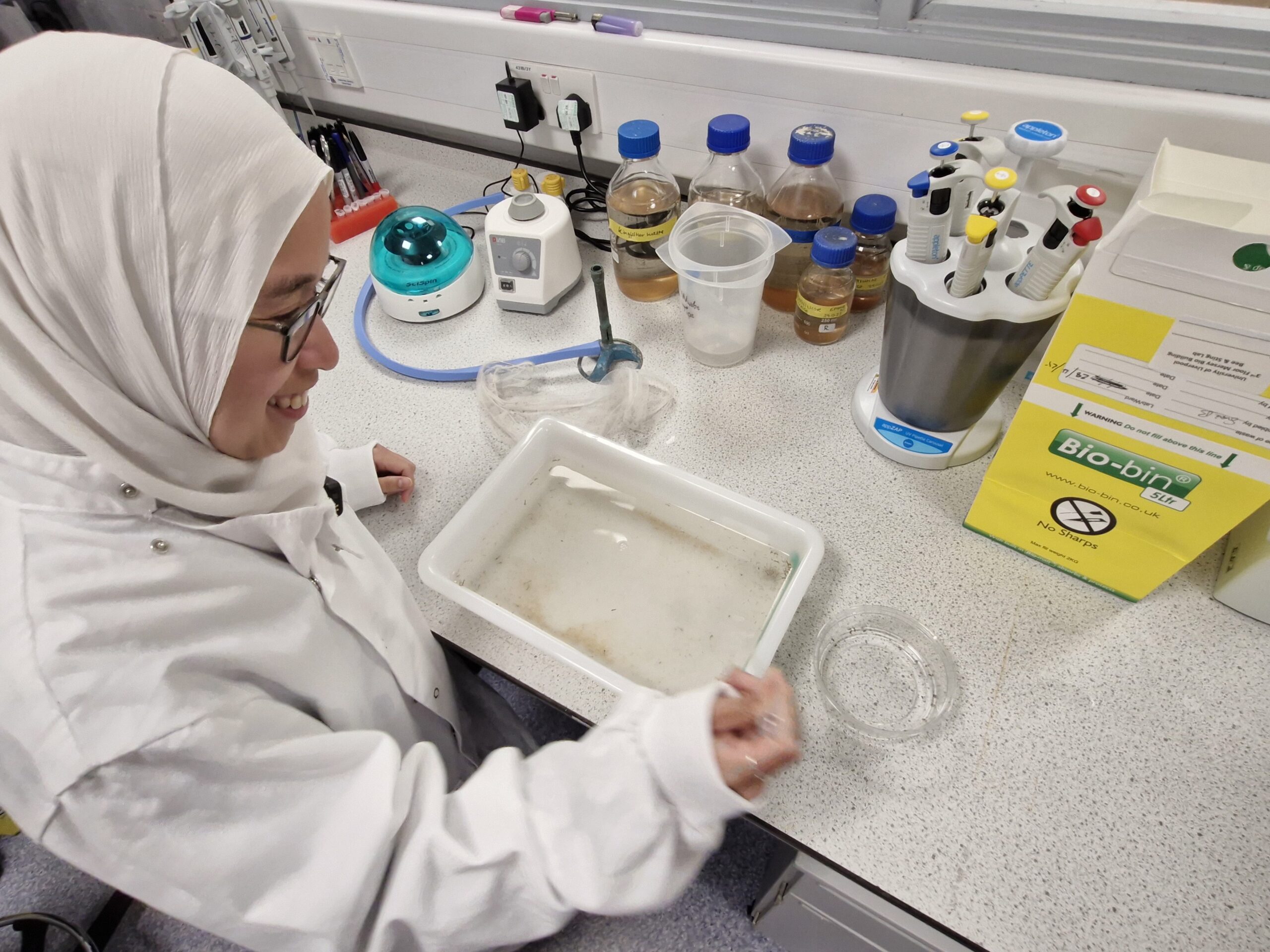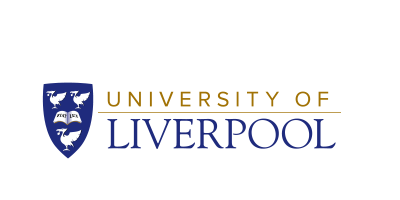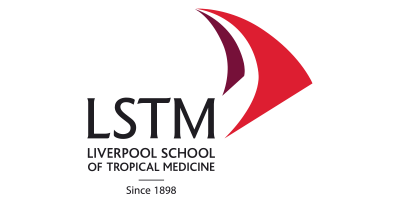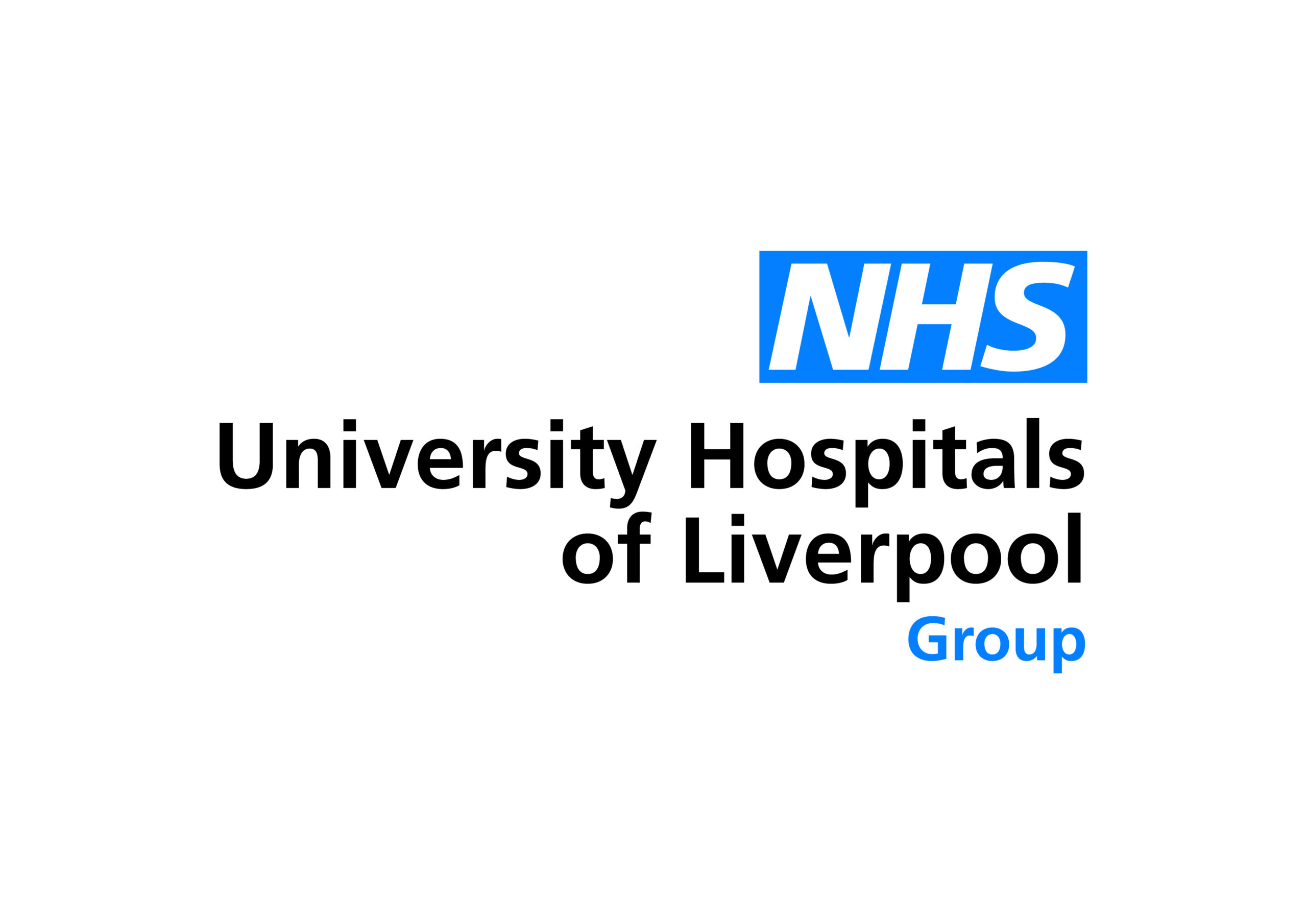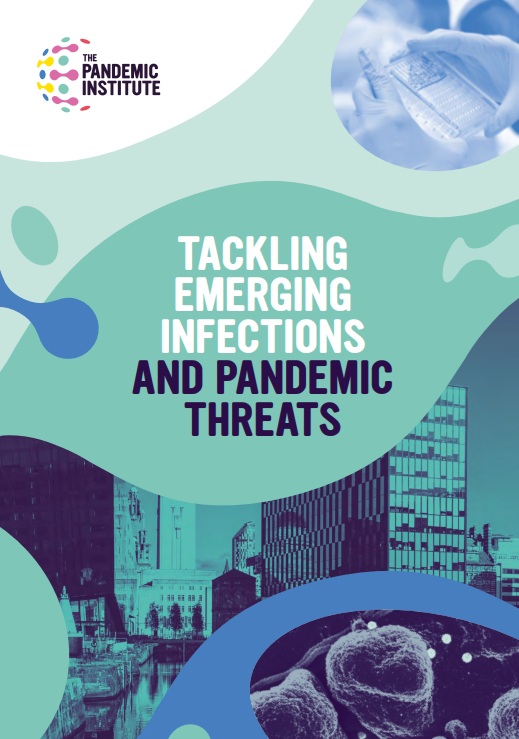
WE ARE PREPARING DIAGNOSTICS, TREATEMNTS AND VACCINES
Our PREPARE pillar focuses on the 100 Days Mission, working to ensure that medical countermeasures, including diagnostics, treatments and vaccines, can be ready within 100 days of a new threat emerging.
Below is a selection of our recently funded projects, and some work happening across the partnership.
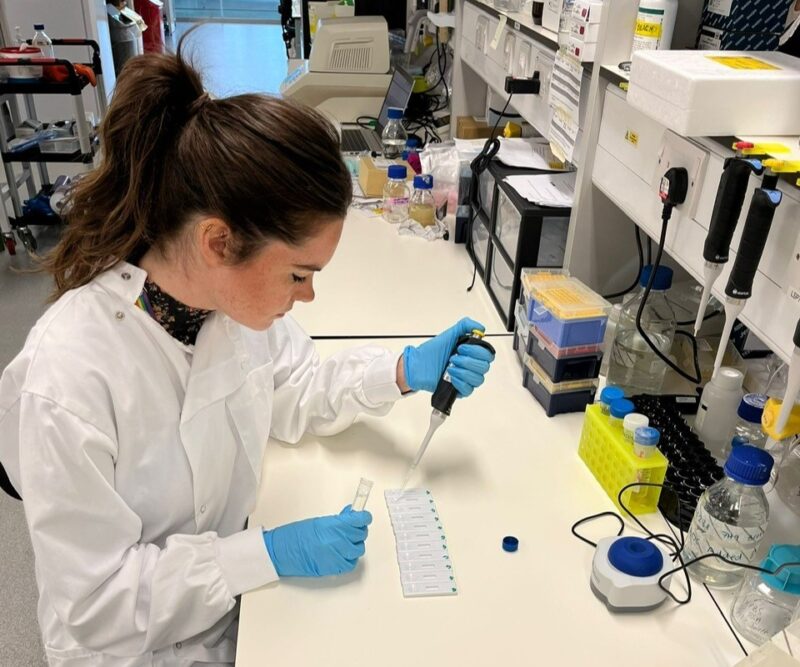 Diagnostics
Diagnostics
We are supporting the development of faster, simpler diagnostic tests for emerging diseases. In partnership with researchers in Brazil, Dr Ana Isabel Cubas-Atienzar (LSTM) is creating a quick and easy test for Oropouche virus, to help health workers quickly diagnose cases in outbreak settings. We have also supported LSTM researchers, including Dr Caitlin Thompson, to develop the world’s first rapid test for Crimean-Congo Haemorrhagic Fever, a tick-borne viral disease with up to 40% mortality. LSTM researchers have secured a further £1.3M from the Medical Research Council to progress the prototype rapid test into a final device, with the aim of commercialisation at the end of the project. Dr Thomas Edwards (LSTM) and colleagues are developing a fast, low-cost graphene-based biosensor that uses monoclonal antibodies to detect viruses, including dengue and Mpox, from clinical samples.
Thompson C, et al. EBioMedicine. 2024 Dec;110:105460
Therapeutics
We’re working to make sure effective treatments are ready for future outbreaks. For Mpox, Professor Saye Khoo (UoL) and colleagues are developing better ways to measure how antiviral drugs work in different patients, helping doctors use the right dose for each patient. For avian influenza, the team are also building libraries of drug knowledge to speed up decisions on which treatments to use in an outbreak. Work led by Dr Shaun Pennington (LSTM) is developing a rapid testing pipeline for new antivirals against avian influenza, screening drug candidates using organoid-based infection models and predictive modelling. This work helps ensure faster access to life-saving treatments when they are most needed. Professor Tom Fletcher (LSTM) and colleagues in Turkey have carried out the world’s first randomised study of two drugs (favipiravir and ribavirin) as a treatment for Crimean-Congo Haemorrhagic Fever.
Vaccines
We are advancing vaccine development for emerging viral threats. There is no vaccine to protect against the mosquito-borne Zika virus, which causes neurological disease in adults and birth defects in babies. Professor Lance Turtle (UoL) and colleagues including Dr Krishanthi Subramaniam (UoL), Dr Tom Blanchard (UoL) and Professor Neil French (UoL), have developed a novel vaccine, shown it is protective in disease models, and completed first-in-human studies at the NIHR Clinical Research Facility in Liverpool. Using a similar approach, investigators at The Pandemic Institute are developing a “Pan-Flavivirus” vaccine to target Zika and related viruses dengue, and Japanese encephalitis. We are also using a range of platforms to develop vaccines against Oropouche.
Priority Pathogens
The UK Health Security Agency has released a list of 16 pathogen families that may pose significant public health risks, aiming to steer research and development efforts. The Pandemic Institute investigators are already conducting research on 9 of these, including high-risk viruses like Middle Eastern Respiratory Syndrome, non-seasonal influenza, and Nipah. Additionally, our work spans 7 of 11 high risk viral pathogen families identified by the World Health Organization (WHO), supporting global efforts to prepare for future pandemics.
Sign up to our newsletter
Join our mailing list to hear about our latest news, events and funding opportunities.
